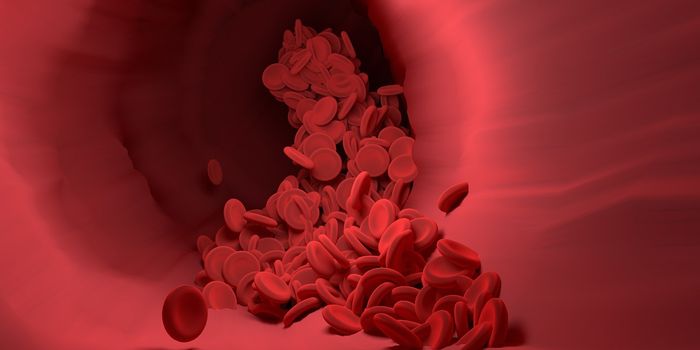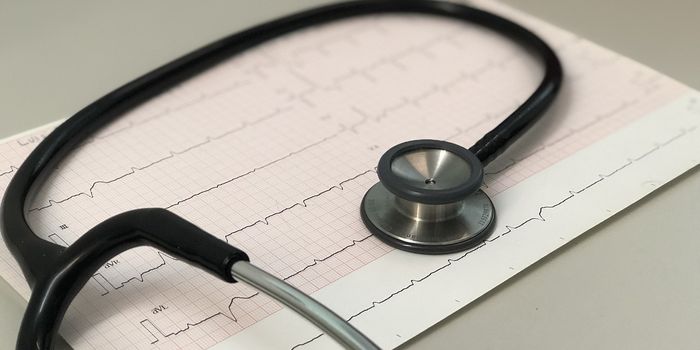High-Salt Diets May Cause Increased Stress
A new study published in the journal Cardiovascular Research has shown that a diet high in salt increases circulating stress hormones by as much as 75% in mice.
The effects of high-salt diets on the circulatory and cardiovascular systems are well-known, but little is known about how salt impacts hormones. In this study, male mice were randomized to receive either a typical diet or a high-salt diet (reflective of typical salt intake in humans) for 2–8 weeks, and levels of various stress hormones were monitored. In the mice that were fed a high-salt diet, resting stress hormones increased, and their hormonal response to stressors in the environment was twice as large as the response of mice fed a normal diet. Chronic high salt intake appeared to both increase baseline stress and amplify the response to external stressors.
High intake of salt is common for Americans and increases the risk of high blood pressure and cardiovascular disease. As one of the study’s authors noted, this research shows how too much salt intake also impacts our wellbeing by changing our brain’s response to stress. The FDA recommends that Americans consume less than 2,300 mg of salt per day, which is equal to only about a teaspoon of salt. However, the average American eats around 3,400 mg of salt per day. To limit salt intake, try to cook your own food as much as possible. Additionally, get in the habit of reading nutrition labels on foods and checking their sodium content. Many foods (especially snacks) have low-sodium or sodium-free options. As with many other dietary modifications, remembering to make the change when eating and shopping can be the most challenging step. Sticky notes or notes added to grocery lists can be a simple way to begin to build the habit of eating less salt.
Sources: Cardiovascular Research, Science Daily, FDA








